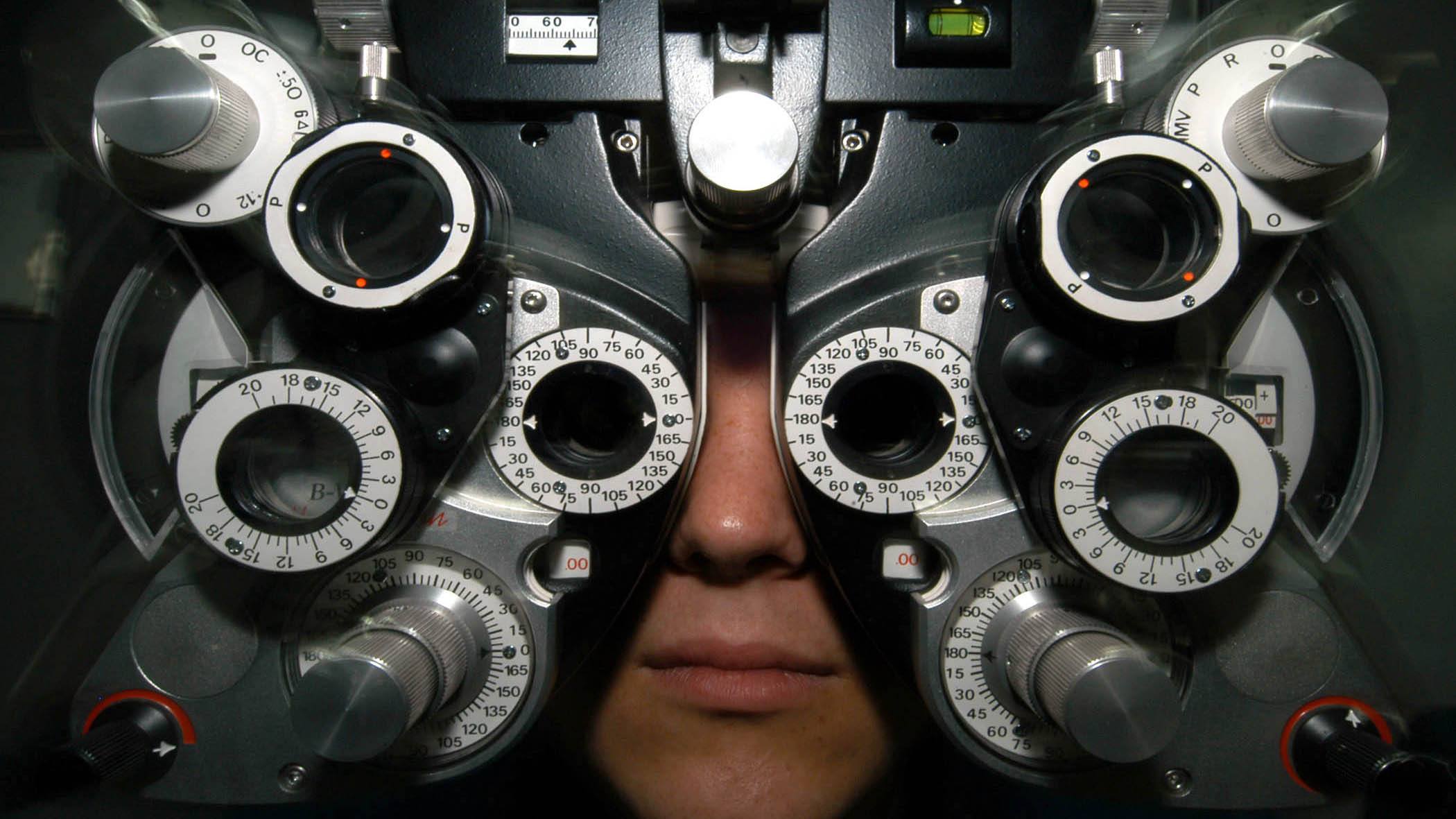5 Health Benefits of Eating Pumpkin
The moment the first leaf of the year turns orange, something incredible happens—pumpkins begin to appear. You walk out your door and everyone you know has a pumpkin latte in hand. Pumpkins spill out of big cardboard boxes in front of supermarkets and take center stage in every craft store display. Pumpkin spice, pumpkin pie, pumpkin coffee, pumpkin beer, pumpkin ice cream, pumpkin pasta, pumpkin everything—the pumpkin invasion has begun.
And let’s be honest, you probably love it. And that’s okay. This year, eat your pumpkin with pride, as we share some amazing health benefits of eating this noble gourd.
Vitamin A for Vision
Pumpkins are a great source of vitamin A—an essential nutrient for optimal eye health. A single cup of pumpkin contains more than 200 percent of the daily recommended intake of vitamin A. Experience the full spectrum of all those beautiful fall colors!
Pumpkins owe their vibrant color to high levels of beta-carotene—a powerful antioxidant your body makes into even more vitamin A.
Vitamin C for Immunity
Pumpkin pulp and seeds are high in vitamin C. This, combined with the high amount of beta-carotene, can give your immune system a well-needed boost.
Still, make sure to wear your favorite scarf during the brisk mornings and evenings. And drink plenty of water and get lots of extra sleep if you want to support your immune system.
Fiber for Digestive Health
The pumpkin is a tragically underrated source of dietary fiber. But the truth is, it has three grams of fiber per cup, and all that with only 49 calories.
A fiber-rich diet can aid digestive health and even help you feel satisfied for longer, making it easier for you to kick some of your cravings to the curb.
Folate and Copper for Skin Health
Pumpkin contains folate (necessary for skin-cell creation) and copper (important for collagen production). Plus, it’s loaded with beta-carotene which defends skin cells against oxidative damage.
And pumpkin seeds are loaded with zinc, essential fatty acids, and magnesium. All of these nutrients can help combat wrinkles and dry skin.
Phytosterols for Heart Health
Pumpkin seeds are also rich in plant-based chemicals called phytosterols. Recent studies have shown they may reduce “bad” cholesterol.
The next time you hack and slash a pumpkin for a front porch decoration, be sure to save the seeds to make a healthy treat of your own. Simply roast in the oven and salt to taste for a delicious snack.
Embrace Your Inner Pumpkin
Pumpkin has earned its place up and down the grocery aisles. But tread lightly—many pumpkin-flavored treats are packed with sugar. Try to use fresh pumpkin to make your own puree. Canned pumpkin works too, but avoid the pumpkin pie mixes typically placed right next to it; they’re often loaded with sugars and syrups.
Check out these prodigious pumpkin recipes to give yourself ideas on how you can add this most noble of gourds to your diet.
Pumpkin is great in soups and pastas, but it can even be used as replacement for oil and butter in many of the treats you bake.
So don’t resist the pumpkin invasion—some battles just aren’t worth fighting. Embrace it. Let it take you on a journey, a journey that is surprisingly good for your health.
As the autumn leaves gently descend around you, carve your pumpkin and eat it too.
| *These statements have not been evaluated by the Food and Drug Administration. This product is not intended to diagnose, treat, cure, or prevent any disease. |
|---|
This post is also available in: Chinese (Traditional)
















What’s heavier than a giraffe?